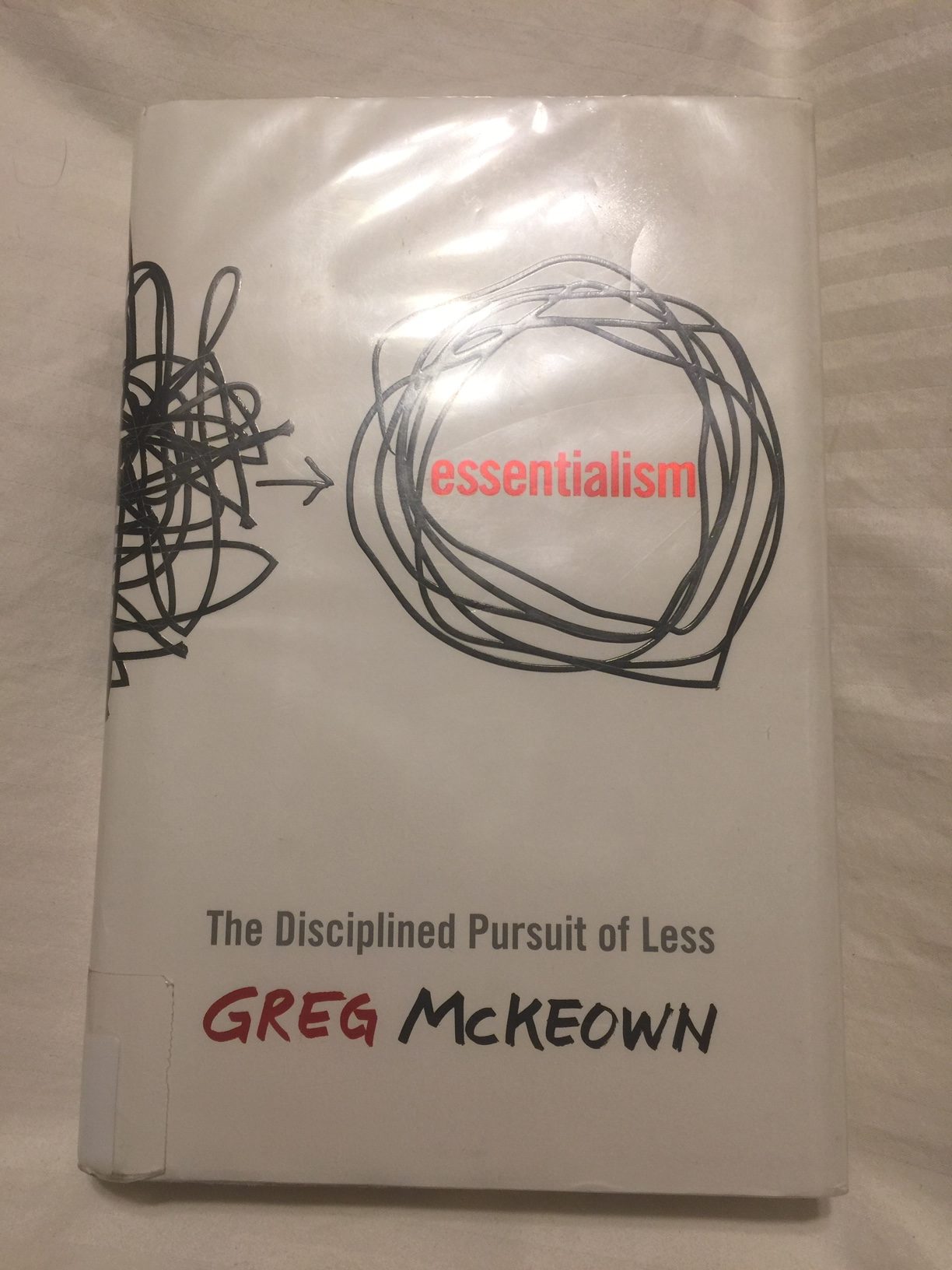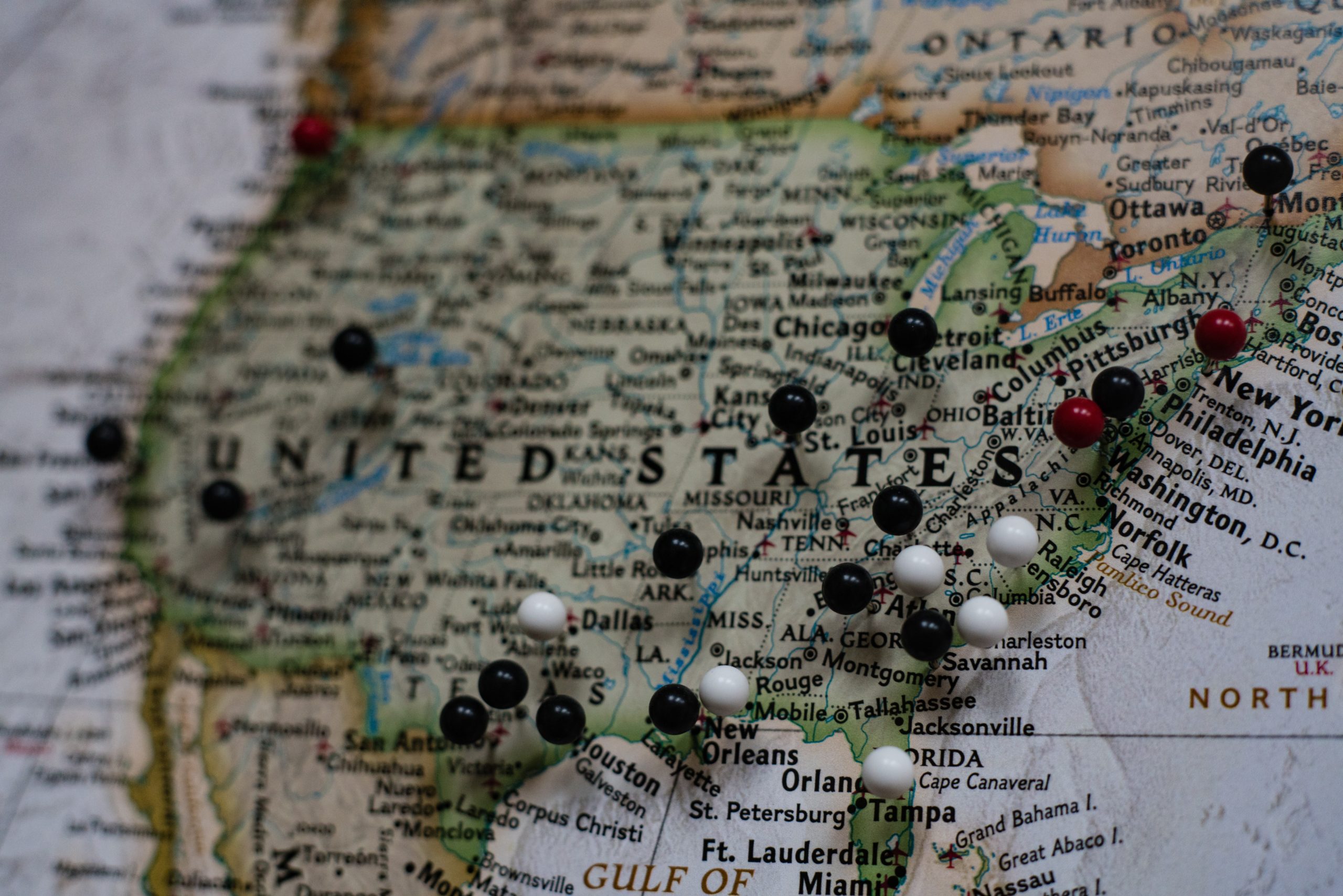Where you can find a Notary during CoVid-19
Many of the legal documents you need for estate planning and, occasionally, divorce, must be notarized. A Notary is an uninvolved, objective person who has the state’s authority to verify and authorize certain documents. Mainly, their job is to confirm that you are who you say you are and that you know what it is you’re signing. In “normal” times, you could just sign your documents at your attorney’s office or walk into your bank and get it done. But, there are Notaries all over the place if you know where to look. If you need a Notary, consider: Asking for one on your community’s local Facebook page Contacting your local UPS store Calling an attorney or accountant’s office for suggestions Making an appointment with a Notary at your bank Looking up a list of Notaries on your Secretary of State’s website page Emailing or calling local real estate agencies…
3 legal documents you need if you are a single parent
Being a single parent is one of the hardest jobs out there. Whether you are doing it all on your own or have an absent spouse/partner in the military, etc. you carry the weight of responsibility for your children. Most people know that it’s smart to have a Will. For single parents, the most important aspect of the Will is that you use it to formally name a guardian for your kids – the person you would want your kids (under 18yrs) to go to if /when you die. Naming a guardian is critical. If you don’t name someone in your will, then the Court will choose your kids’ new family for you. However, there are three other documents that you want to have in place if you are a single parent. Medical Power of Attorney (or Advance Healthcare Directive) for yourself. If you get sick or injured and cannot…
Book Review: “Essentialism” by Greg McKeown
Essentialism by Greg McKeown is one of the best books I’ve read in years. Although most of the book is written for a business audience, everything he says applies directly to life in general, whether you’re a stay-at-home parent, unemployed, high-level manager, or fresh college student. His aim is to encourage people to really focus in on what is most important and to spend as much time and energy as we can investing in those few things if we want to have the biggest impact. This book changed how I homeschool our kids, how I approach my business, how I look at our home life, and how I think about the legacy I want to leave behind. Right now, in this Covid world, we are being forced to dial everything back. It’s given many of us a chance to ask what is really important? Are we living in a way…
What to do if you hate lawyers.
First of all, know that you are not alone! I come from a family that had ZERO love for the legal profession. My grandfather, on numerous occasions, said that lawyers should burn in hell. My dad, a sheriff’s officer, didn’t have many great things to say about lawyers either. I actually never even wanted to be an attorney, but after floundering for a while after college, I somehow ended up applying to law school. When I told my parents I was going to become an attorney, they were not encouraging. “Why do we need a lawyer in the family?!” they said. While other parents were rejoicing and proud that their child had been accepted to law school, mine were skeptical and dismissive. All that to say – I understand why you hate attorneys! Especially if you have a background or experience where the legal profession has been looked down on…
I need to make a will, but…I’m embarrassed by my financial situation
This is something that no other attorney I know has talked about but that I have experienced in clients several times, and even felt myself! When you think about making a will, the first thing your mind goes to is your money. And, when you meet with an attorney, one of the first things they want to know is “how much is your estate worth?” And this is where it can get embarrassing. When you’re 30 or 40-something years old, you expect to be at a certain place in life when having a will makes a lot of sense. You always assumed that, by this point, you’d have a decent savings account or a house or multiple investment properties or college accounts for your kids… You thought that you’d have paid off all your student loans or that you’d be making enough money that you wouldn’t need to take out…
I need to make a will, but… I don’t really have that much stuff
This statement reveals one reason why so many people don’t make a will. There is this underlying belief that Wills are for wealthy people. That if we are just the “Average Joe,” we don’t really have enough stuff that would “qualify” us for the special privilege of making a will. So, let me be clear about this – ANYONE who has ANYTHING is worthy of having a will. Even if the only thing you own is the shirt on your back, you deserve to have a will and decide who you want to have that shirt when you die. Wills are not just for people with a lot of stuff. They are for anyone who CARES about the stuff they have. And, wills are not just about money! These days, the majority of a person’s wealth is wrapped up in their retirement accounts, which aren’t even included in or handled…
I need to make a will, but… I feel overwhelmed
I get it. I just searched Google for “make a will,” and I got 13,540,000,000 results. 13 BILLION results. Talk about overwhelming. There is so much information out there about making a will, which is great, but, as with anything on the internet, TOO MUCH information can be a bad thing. When it comes to making your will, I know that you want it to be as simple and straightforward as possible. And, I know you are busy and don’t have the time or energy to spend on this stuff! You’re working full-time and parenting little kids and trying to juggle schedules with your spouse and wondering when you’re supposed to deal with this… You don’t have time to read a dozen – let alone a billion – articles trying to figure out what information out there applies to you or what it means. And, chances are, if you were…
I’m thinking about getting divorced…what is a “Community Property” state?
Great question! When getting a divorce, you need to know how your state’s laws will apply to your situation. Arizona, California, Idaho, Louisiana, Nevada, New Mexico, Texas, Washington State, and Wisconsin are states that follow the legal rules of “Community Property” for marriage relationships. In these states, any property that is acquired or accumulated during marriage is presumed to be owned 50/50 by the spouses (known as “the Community”), regardless of who earned it. The rules of Community Property matter because they have implications for dividing up your assets and debts during the divorce. You want to be familiar with how the rules work because assets that you think are untouchable (like the money related to your accumulated vacation and sick time at work) might have to be split with your spouse! Most Community Property states follow an “equitable approach” which means that not everything has to actually be divided…
What do you mean by “estate planning”? Is it just for rich people?
Many people are intimidated or thrown off by the phrase “Estate Planning.” Most of us tend to think estate plans are only for the wealthy people of the world. I often hear clients say, “Well, we don’t really have an estate to plan!” But that’s probably not true! The word “estate” just means all the money and property owned by a person. In this sense, even a homeless person with a backpack technically has an “estate”! Of course, we generally use this term to describe what people have when they die, but, even so, nearly everyone owns something at the time of their death. So, no matter how little or how much you have, as long as it’s not nothing, you have an estate and may need to consider a plan for what will happen to it after you die. When attorneys and other professionals talk about “Estate Planning” what…
Signing your will during CoVid-19
When you realize that a will signing requires the testator (person signing the will), witnesses, and possibly a notary to all be in a room together at the same time, you may wonder how in the world you’re going to sign your will during the quarantine restrictions enacted due to CoVid-19. Because the consequences of a will are so significant, the law tries really hard to make sure that the person making the will is who they say they are and there is no fraud or identity theft involved. This is one of the reasons for the witnesses and a notary. These people are there to verify who the testator is and that the testator understands that the document they are signing is a will. This requirement helps protect wills from being deemed invalid and protects testators from being taken advantage of. However, when there’s a pandemic going around and…







